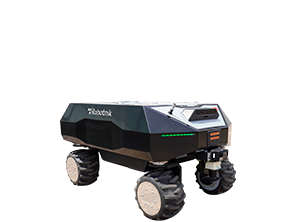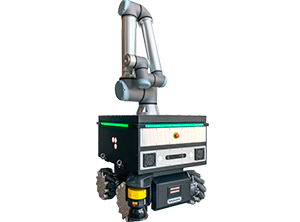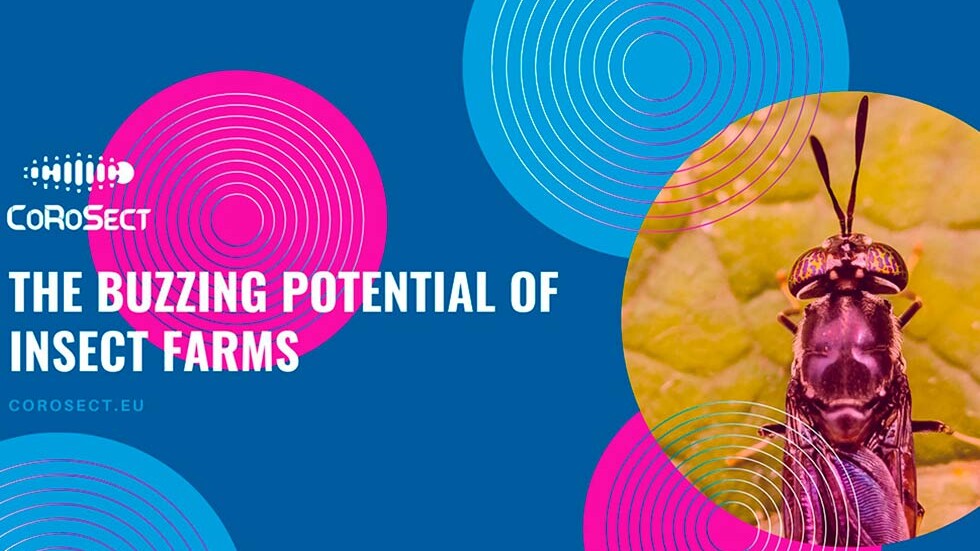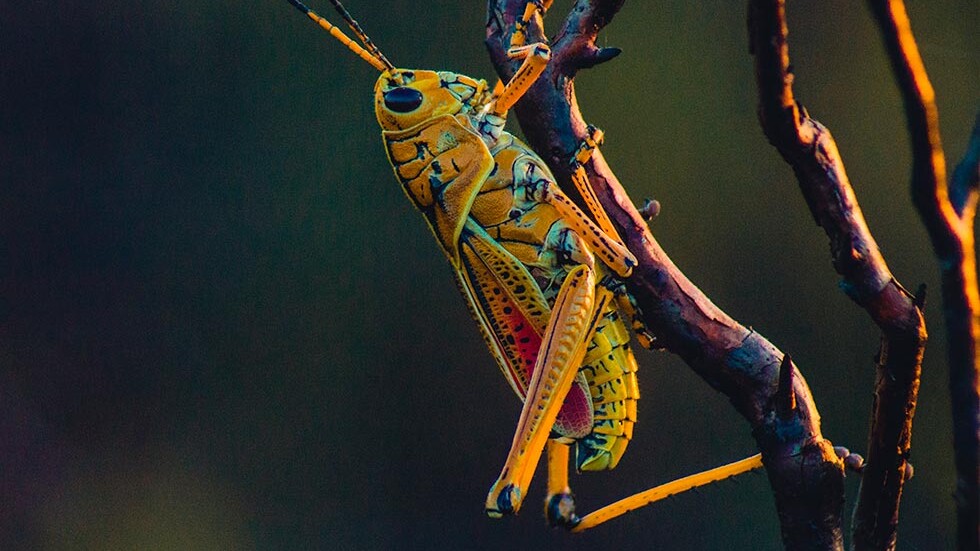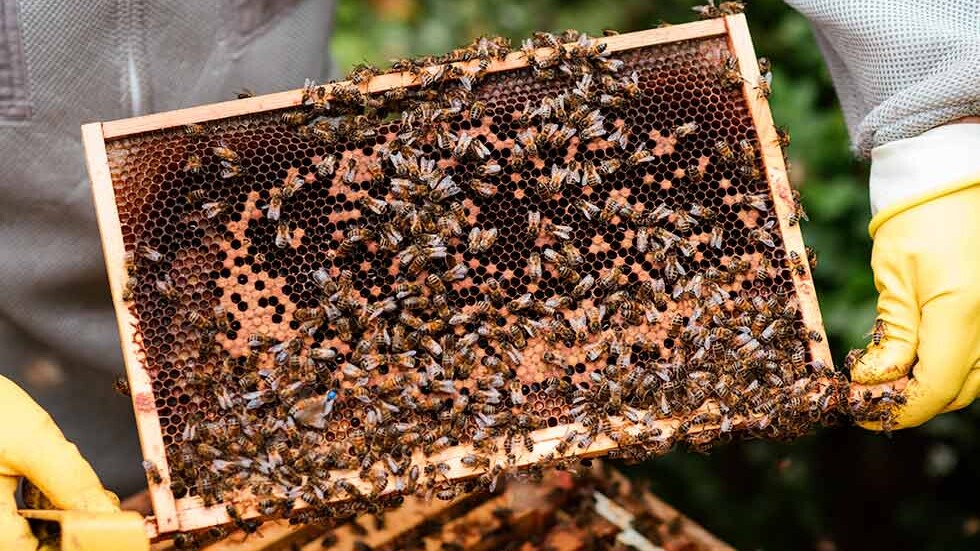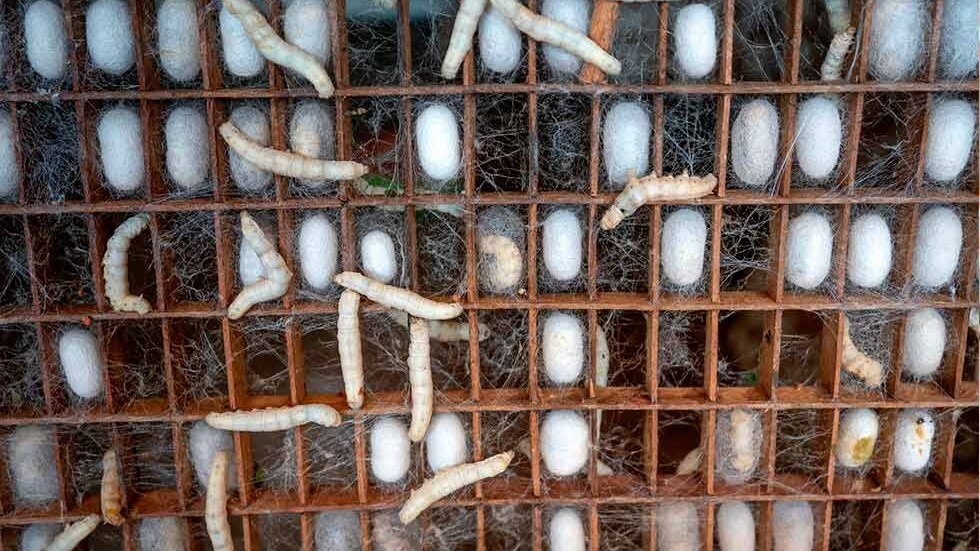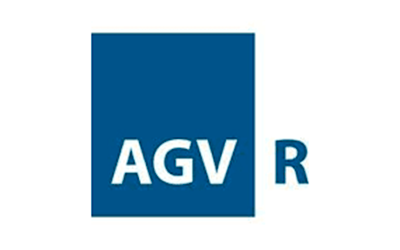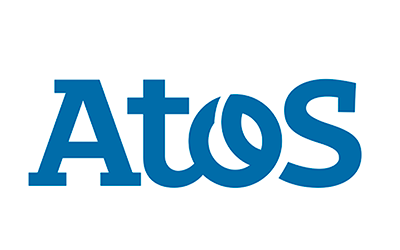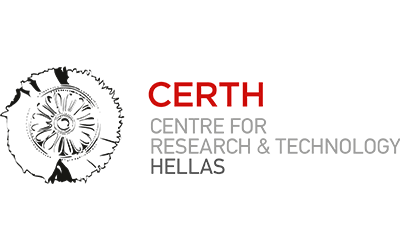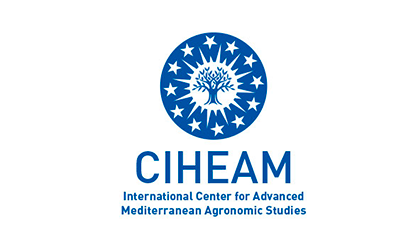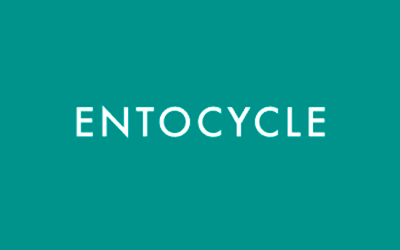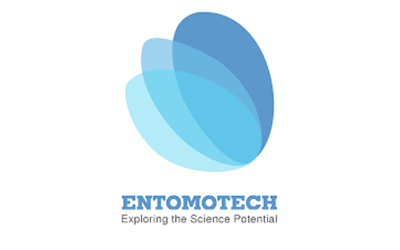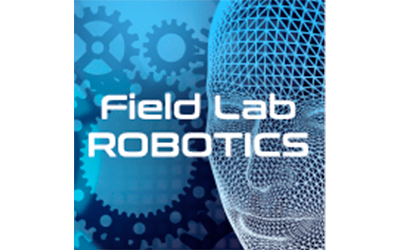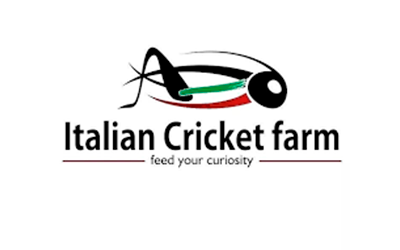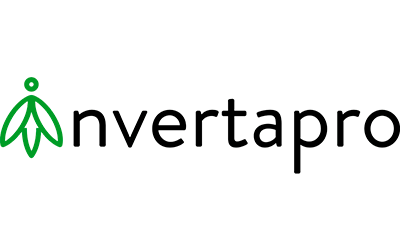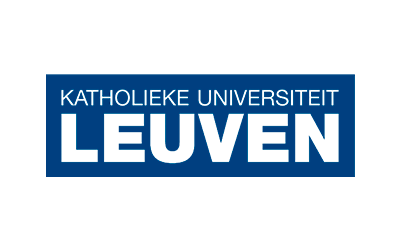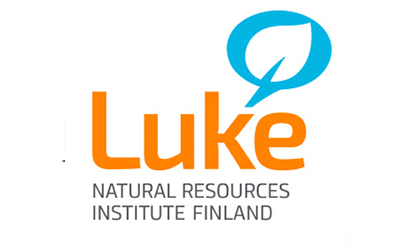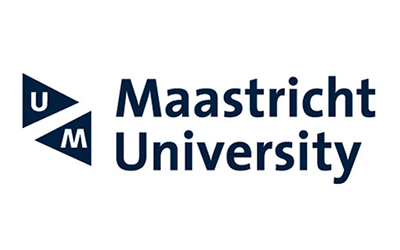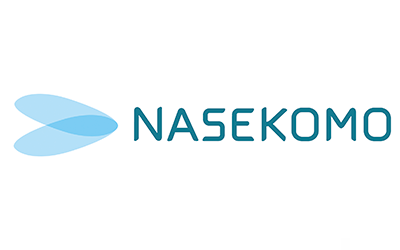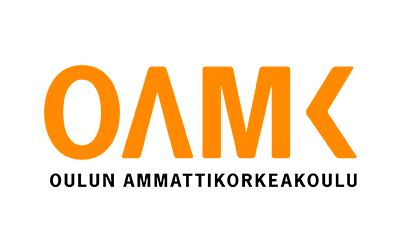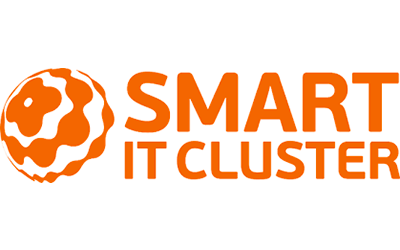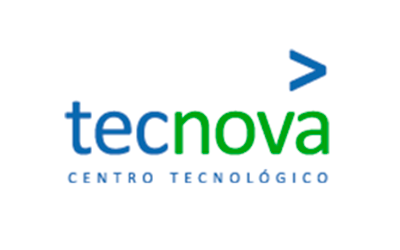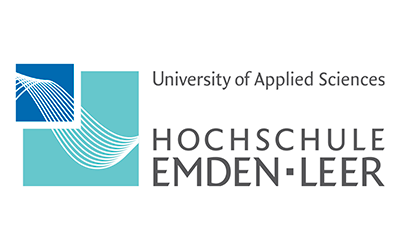COROSECT
Cognitive Robotic System for Digitalized and Networked (Automated) Insect Farms
Meat production has a tremendous environmental impact compared with other food sources due to its elevated water consumption, extensive land destruction and high green-house gases emissions. The growth of world population is foreseen to result in a 75% growth in the demand for meat consumption by 2050. Insect farming might present a potential sustainable solution to this issue. Insects are rich in protein and fatty acids and minerals. Edible insects are set to be approved in the EU as novel food that can substitute meat in a rich and balanced diet. However due to its novelty, research and innovation strategies still have to be applied to develop and standardise insect farming protocols.
CoRoSect will provide a novel integrated robotic solution that will enable the optimization and upscale of insect production facilities. The project will use state-of-the-art robotic equipment and artificial intelligence technologies to automate the production. The project focuses on the idea of setting up dynamic work cells, where a single human worker will be aided by several robots equipped with artificial intelligence algorithms and smart sensors across the various stages of insect production. The automatization of insect farming will boost productivity, increase quality and reduce production costs.
CoRoSect’s technical solution will be based on the Industry 4.0 architecture model. An Industrial Cyber-Physical System (ICPS) will be developed to support all phases of the insects’ life cycle inside insect farms. The fundamental aim of the system will be to replace repetitive but also cognitively and physically demanding tasks like crate transferring and handling, environmental conditions monitoring, larvae detection and separation or insect feeding, with specific automatic robotic-based procedures. The project focuses on the creation of a collaborative environment, where humans and robots will harmoniously share and undertake at the same time different processing and manipulation tasks. The envisaged system will provide a universal solution that can be easily adapted for different insect species.
The novel infrastructure will be prototypically implemented, tested and validated to check the compliance of end-user requirements. It will be tested with three different common species, Mealworms, Black Soldiers and Crickets.
ROBOTNIK IN THE PROJECT
Robotnik’s role in the project is to design, develop and implement an autonomous stationary robotic solution whose task is to load and unload crates from a conveyor belt. The whole system will be hosted inside a robotic cell. The robot should be able to perform manipulation tasks in close proximity to humans. The end product should be inherently-safe, effective in variable and dynamic environments and should integrate human-aware robotic navigation and manipulation systems.
To achieve the objectives Robotnik will design and integrate a versatile force-adaptive controller to securely handle crates during manipulation tasks, high precision and high torques are required to safely handle boxes filled with soil and insects. To ensure the correct localization of crates, Robotnik will be adapting its existing software with a vision-based object handling system. The latest grippers will be tested in the selected robotic arm to ensure the best performance.
The main objective is to ensure a safe human-robot collaboration while not affecting the overall performance and productivity of the system. Robotnik will contribute to the design of the safety robotic planner which aims to manage robot’s tasks ensuring a safe execution. Information generated by the robot’s sensors, as well as some information about the human’s position and movement will be used in the planning system.
Robotnik’s robots are equipped with state-of-the-art hardware and software to ensure compliance of the latest safety standards.
More projects
